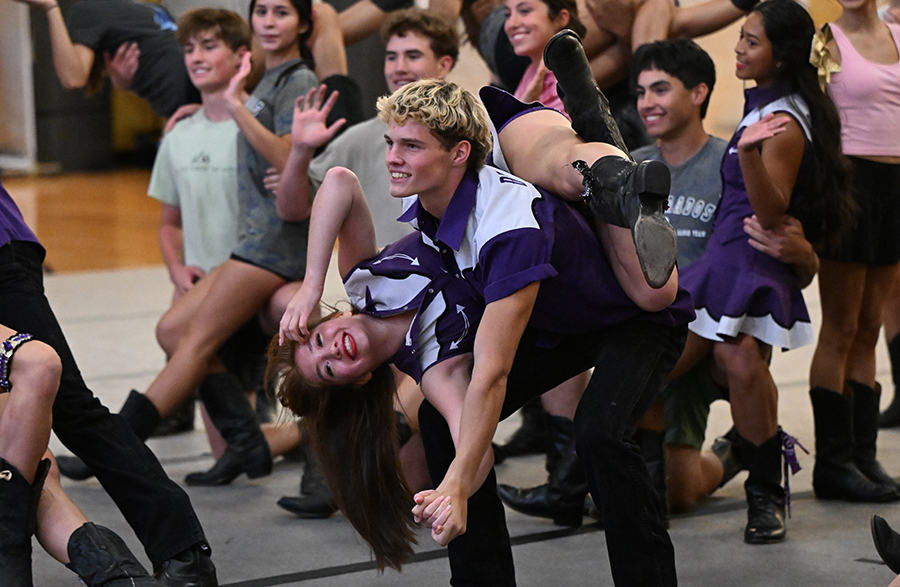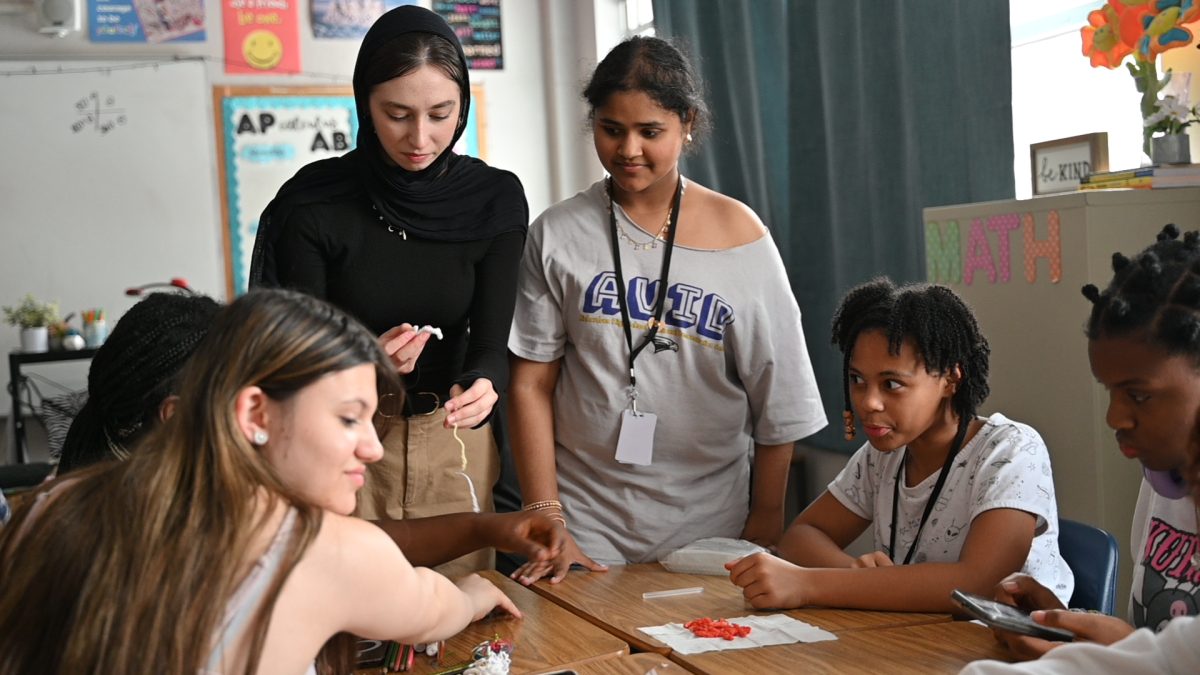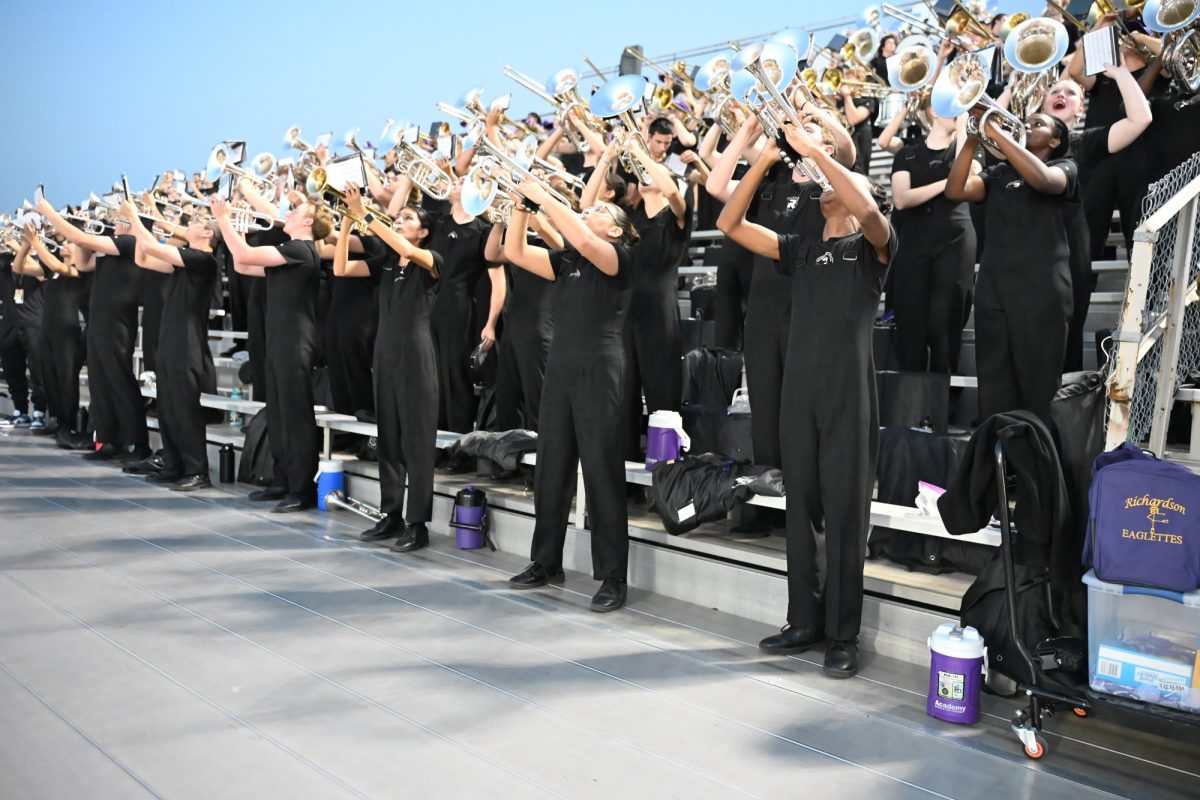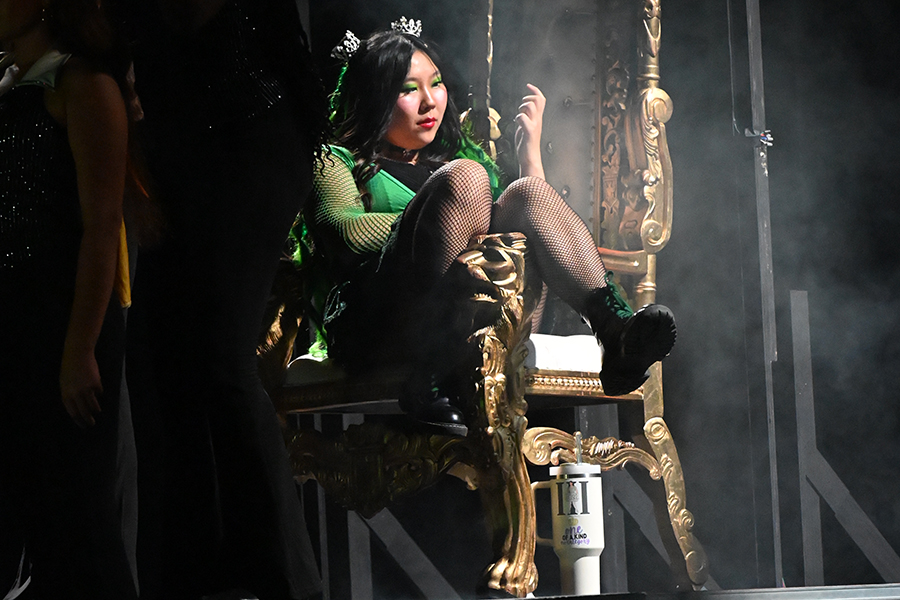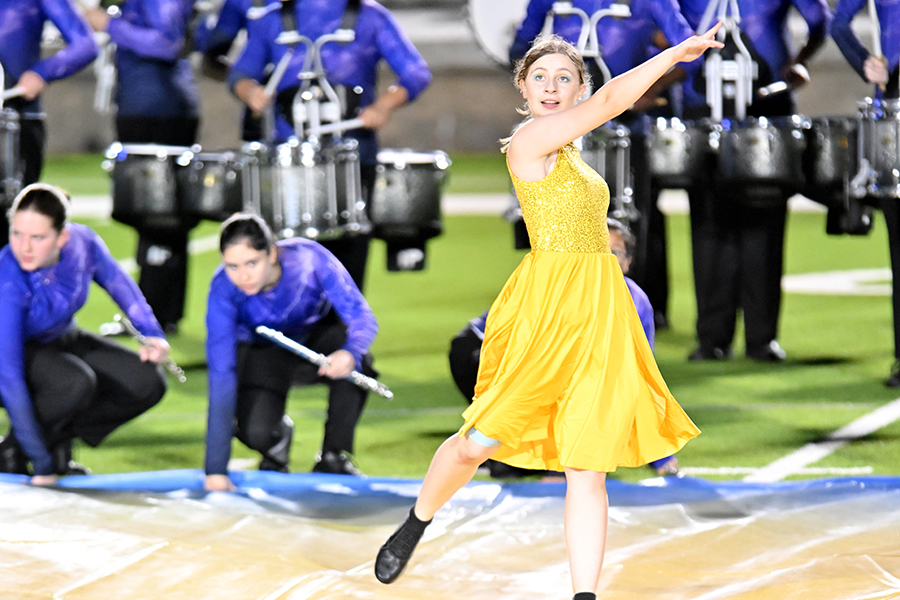By Madeline Chalkley
One week before the first day of school theatre teacher, and published playwright, Cliff McClelland wrote the first script for this fall’s play “Wünderland.”
Last spring, McClelland discussed the idea of an “Alice in Wonderland”-based play as a steam punk adaption of America McGee’s “Alice” video game with “Wunderland” director Erik Archilla . McClelland then proposed setting “Alice in Wonderland” in 1930s Germany and incorporating the book burnings of the Nazi’s.
“I wanted to do something that was a little more than just being scary – I wanted it to mean something,” McClelland said. “I kind of came up with the idea off of one of the most scary times in the past 100 years which was the Nazis and the second world war, and just trying to figure out how to get the characters from Alice and get them to that sort of situation.”
“Wunderland” follows the “Alice in Wonderland” storybook until the end of Act 1 when a shocking incident signifies that things are not as they should be. Beginning in Act 2, the plot takes a dark turn as the characters transition from being in a storybook setting to being real life people facing real life issues.
“It starts off when Alice falls down the rabbit hole and she ends up in a land full of all these other creatures from other books,” said Maya Ferrer, a Theatre Magnet junior who plays Fox-Bear. “As the show goes on, all the characters gradually become more evil, and she finds herself in the middle of an ethnic cleansing where they are burning all the books with the storybook characters in it.”
“Wunderland” imagines how the individual characters would react if their worlds were burned around them.
“People took it really hard, and they projected that in a way that no one has seen yet – it was really descriptive, and a good representation,” freshman Madison Meeks said.
Archilla said that the timing of the play coincides with current social issues that connect the play to today’s world.
“[Wunderland] is so perfectly timed with current events,” Archilla said. “In Highland Park, you have the book censorship, and regardless of where you fall on that issue, it perfectly ties with what this play is about. Another aspect is ISIS, when you talk about a group that’s fascist and taking over a certain area and beheading people, it’s very poignant to what’s happening in current events.”
The play had to be approved by Richardson’s reading committee who were concerned that the use of fairytale characters to depict such a serious time in history could cause the audience to make light of the subject.
For the first time in the Theatre Magnet’s history, however, Archilla asked audience members to give their feedback after the play. Archilla said the responses have so far been positive.
“They really connected with it,” Archilla said. “They liked that we disturbed them. Several people said that good theater makes you think deeply about things, and sometimes you have to shock the audience in order for them to walk away still thinking about it – otherwise, they just have a good time and go back to their normal lives.”
According to McClelland, theater’s purpose is educating and reminding people of the flaws in history, because once they’re forgotten, people are doomed to repeat them.
“It can be so subtle – loss of control and freedom – that we don’t notice it,” Archilla said. “And then suddenly things are beyond where we can save ourselves, beyond our control.”
[royalslider id=”116″]



